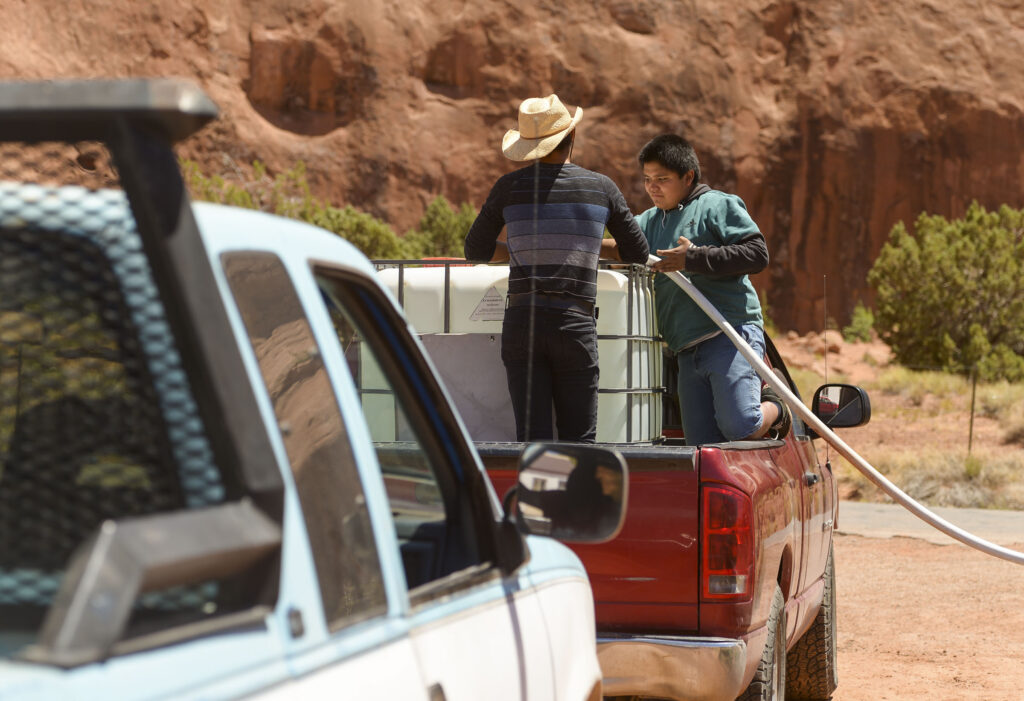
By Hunter Marion
On June 22nd, 2023, the U.S. Supreme Court ruled in Arizona v. Navajo Nation (2023) that the United States was not responsible for securing access to clean, fresh water for the Diné people. This is yet another blatant attack on citizens’ rights to clean water, such as what happened in Sackett v. EPA (2023), and another harmful decision in a string of highly controversial rulings this last month.
The argument at the heart of the case was whether an 1868 treaty signed between the Navajo Nation and the U.S. government included providing the Diné with direct, reliable access to the Colorado River watershed. The treaty specified that the Nation would be given sufficient resources that allowed for suitable agriculture in their “new, permanent home.” The Diné rightly assumed that this would include infrastructure that accessed the river’s water.
The Navajo Nation has rights to ~700,000 acre-feet of water annually from the Colorado River. However, it does not have the infrastructure necessary to access their owed amount of water. This leaves about 40% of all Diné households without water. To put this into perspective, 99.2% of the entire U.S. population has continuous access to potable drinking water, whereas only 48% of the U.S. Indigenous populace has such access. For the 82 gallons of water accessed by the average non-Indigenous U.S. citizen per day, an average Indigenous citizen accesses only 7 gallons. Global warming has also decimated water levels in the Southwest region, particularly exacerbating tribal nations’ already limited water access.
By voiding any responsibility of the U.S. government to build water infrastructure in the Nation in this ruling, the U.S. has once again broken another contract between the Nation. The ruling also perpetuates the centuries-long discrimination that disproportionately exposes Indigenous peoples to environmental contaminants, radiation, extractive and polluting enterprises on tribal lands, and denies them continuous access to health, education, and clean water.
Navajo Nation President Buu Nygren, although disappointed, “remain[ed] undeterred” and vouched that he will continue fighting to “represent and protect the Navajo people, [their] land, and [their] future.” The Native American Rights Fund also voiced that they “will continue to assert their water rights” despite the Court’s ruling.
